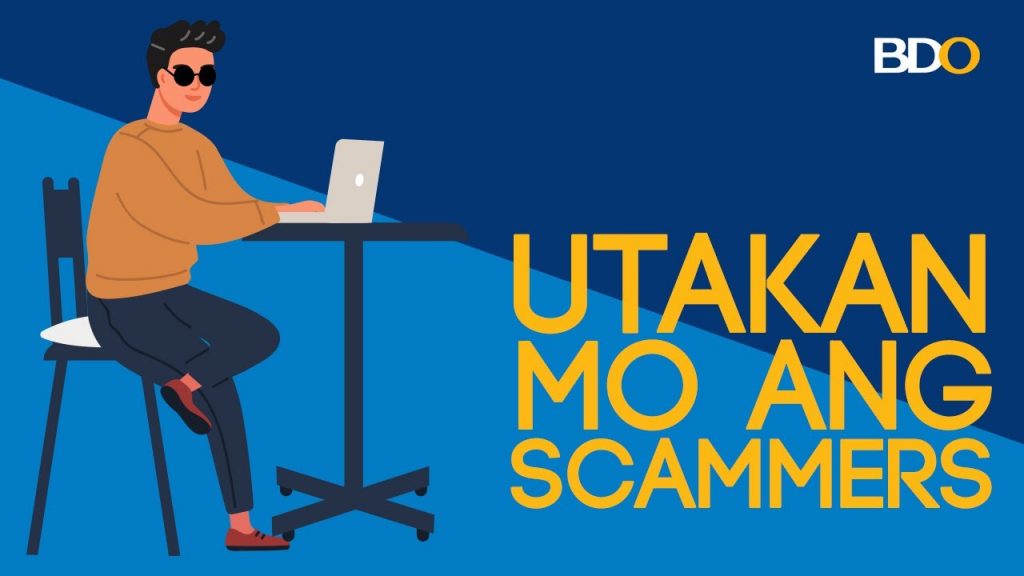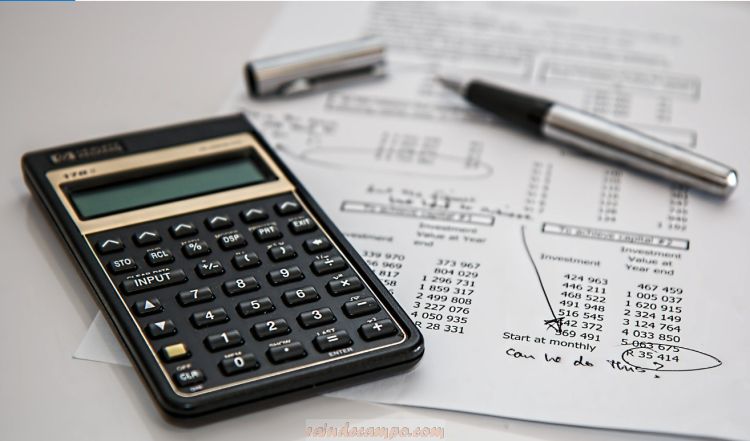Scammers are everywhere, it’s like an evil bloodhound who has gotten an upgrade and can smell money from anywhere in and out of the internet.
It’s a nightmare when any of these happen to you:
- your credit card gets stolen
- your emergency savings disappear
- you find out that you just gave your password to a scammer
Scammers are working full-time to steal passwords and break into everyone’s bank accounts, online shopping accounts, and even social media accounts. In this digital age, information—from our passwords to our social media posts—can be used to compromise and steal our hard-earned money.
According to one study, $1 trillion are stolen by cybercriminals every year from banks worldwide. So, it’s important to NEVER take your personal information (name, address, place of work, school, etc.) and your passwords for granted. High-tech criminals are waiting to target you and gain access to you and your loved ones’ bank, credit card, and other financial accounts.
For their part, banks, like BDO, are not only constantly strengthening their infrastructure, they are also sharing helpful information to teach and empower account holders like you to outsmart scammers and not fall victim to their schemes.
So, while cyber criminals spend their time, resources, and technology to try and steal your information and money, there are ways you can curb scams and protect yourself.
Don’t believe fakes and copycats.
Scammers are very good at copying logos, websites, and all the other markings and images—including BDO’s—to convince you that it’s really the bank that’s communicating with you. If you don’t double-check, you might get fooled.
You might receive a text message or email from BDO. It looks very convincing, especially at first look. It uses BDO’s letterhead or logo. It may even have the signature or photo of a bank official.
Don’t believe it right away. Be skeptical and do some more checking if it’s genuine.
For starters, it may be wise to take note that any legitimate e-mail from BDO should have the @bdo.com.ph domain—no more, no less. Otherwise, it’s fake.
If you are told, “Urgent! Immediate action required!” or “Emergency Notice: Your bank account has been hacked. We are fixing your security issues” or “Please verify your account or it will be suspended.” Such messages are meant to make you panic and lose your presence of mind to trick you into blindly following a scammer’s instructions.
Alternatively, the scammer might send a notice that you won a certain prize or are eligible for some sort of discount or benefit from BDO. Don’t believe such good news right away.
When you receive messages like these or are unsure of those you get, report it to BDO at [email protected] or 02-8631-8000 (for Metro Manila). You can also reach your bank on Messenger. Just log in and look for BDO Customer Care with the blue verified checkmark from Facebook.
Don’t click on any links.
If you receive a suspicious message, NEVER click on any link that is sent with that message, whether it’s an email or a text message, or a chat message on social media.
Clicking on a link, no matter how harmless the link looks, is like opening your house’s front door to robbers. Once you click a link, you are letting scammers do all sorts of harm, not only to your computer, but to your life as well.
Scammers send links to gather your private data and using your identity, access your savings, credit card, or online shopping accounts to make transactions on your behalf.
Remember this: BDO will NEVER send you links through text messaging or email and ask you to provide your personal information or complete a transaction.
Don’t share your personal information with anybody, online and offline.
Personal data should always be private. Information like our names, birthdays, anniversaries, home and office addresses, passwords, ATM pins, One-Time Pins (OTPs), social security, bank or credit card numbers, and even data related to our education and schooling or our workplace—these and more can be used by hackers to break into our bank account.
With that level of potential harm, we should never carelessly share our personal information to a website, or send these to someone via text message, email, or chat.
Nowadays, scammers are able to create fake websites that pretend to be BDO’s, online shopping sites, or other legitimate institutions. Once we get tricked to log-in to these fake websites, they will be able to get more of our data and use it for illegal transactions.
So, never click on any links to websites if these are sent through email. Instead, check on the supposed sender of the email and type the web address of the bank, institution, or agency.
For example, if the sender is supposedly BDO, do an online search of the bank’s official website. BDO’s one and only website, www.bdo.com.ph, will provide you with the genuine and official email address.
But, let’s say you’ve already opened a website that looks genuine; just remember this rule of thumb: BDO will NEVER ask you to give your bank account numbers; credit card numbers as well as its expiry date and CVV; online banking login information, such as username and password; or even OTPs.
If you encounter a website that asks you to input such personal information, you can be sure that it’s fake. Don’t share your data.
We Filipinos believe that “sharing is caring.” But that doesn’t apply for usernames, passwords, OTPs, and other sensitive personal information. In this case, it’s best to keep such information only to yourself. And yes, even from your loved ones.
Eye on the ball
Remember, you are the first line of defense against scammers. If you do your part, we can reduce the cases of bank fraud and other illegal online transactions, and save each other from heartache, stress, and financial losses. If you have concerns regarding bank fraud and related matters, go to www.bdo.com.ph for more information.
- DARK ROAST COFFEEHOUSE | Maginhawa is Going Dark! - April 26, 2024
- Sponge Cola Releases Another K-drama Inspired Hit - April 26, 2024
- realme 12 5G Now in the Philippines, Retails at P14,999 - April 26, 2024










